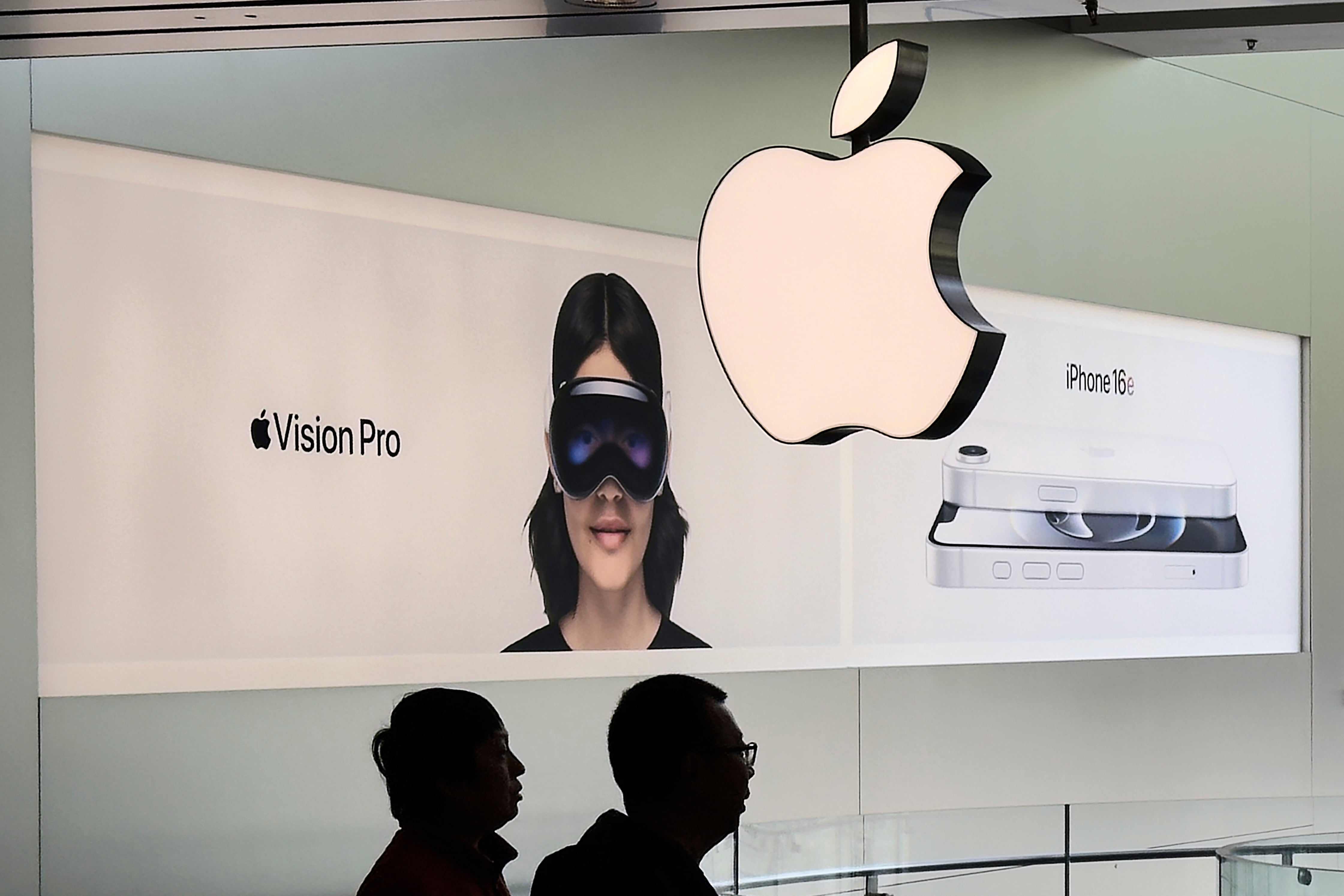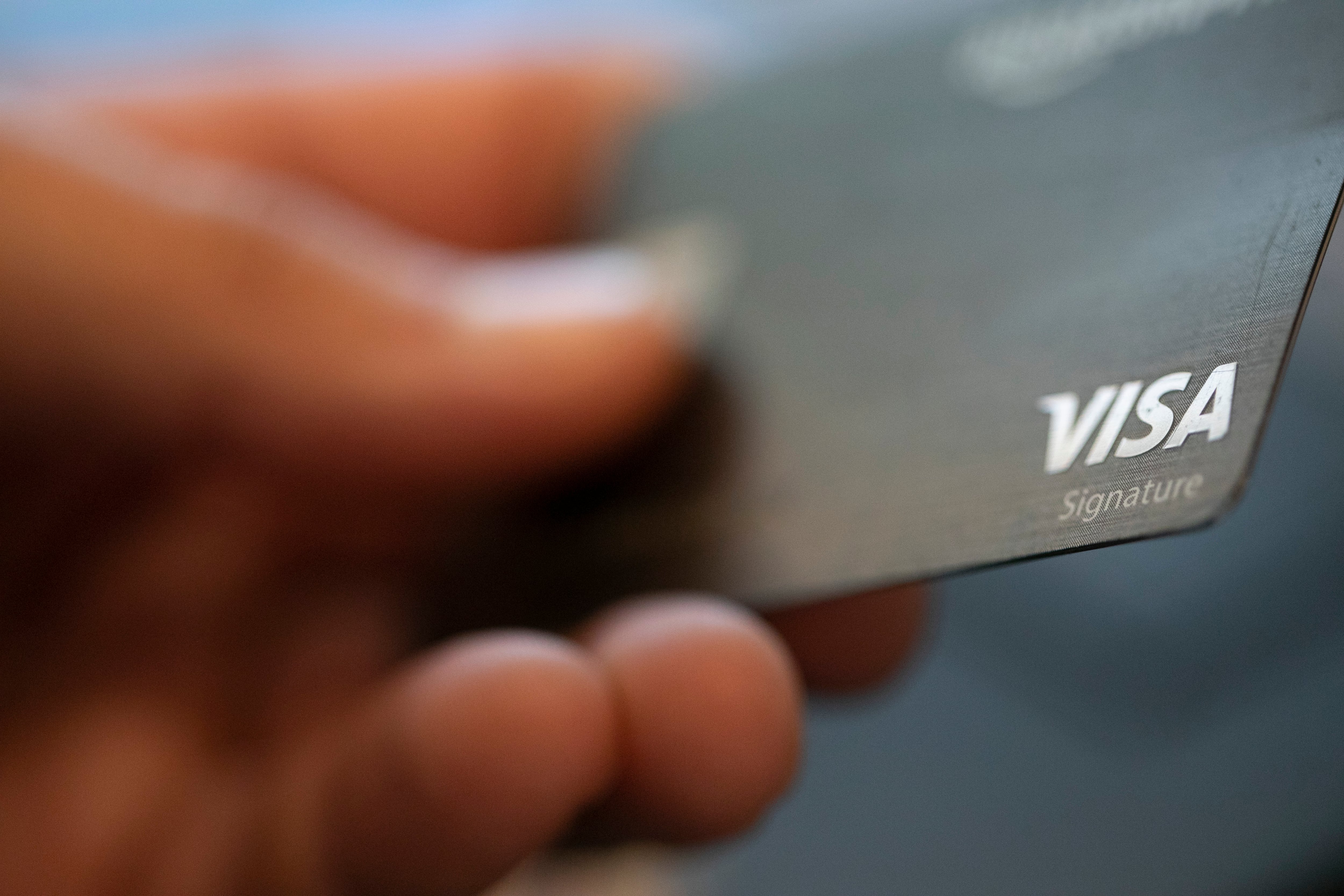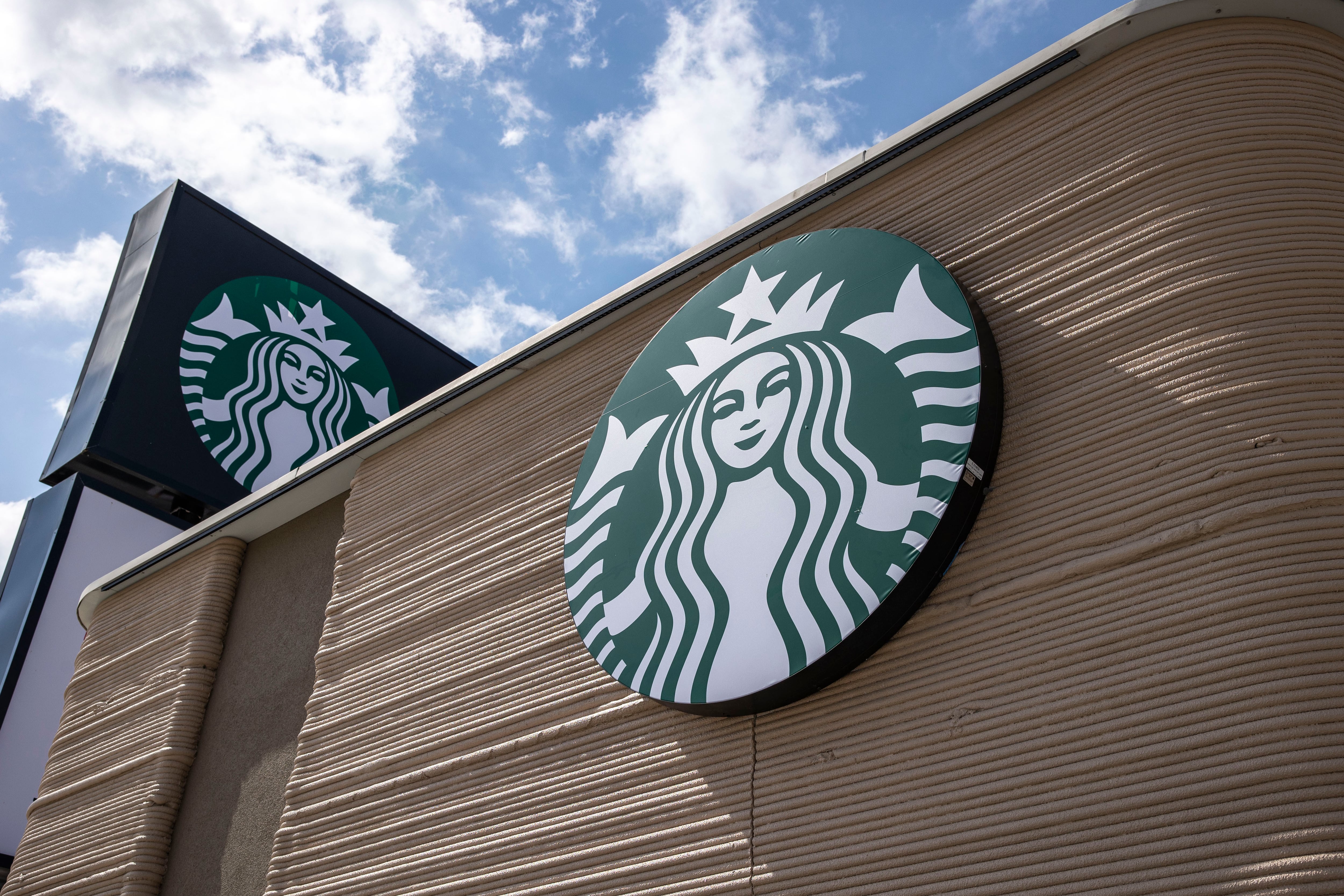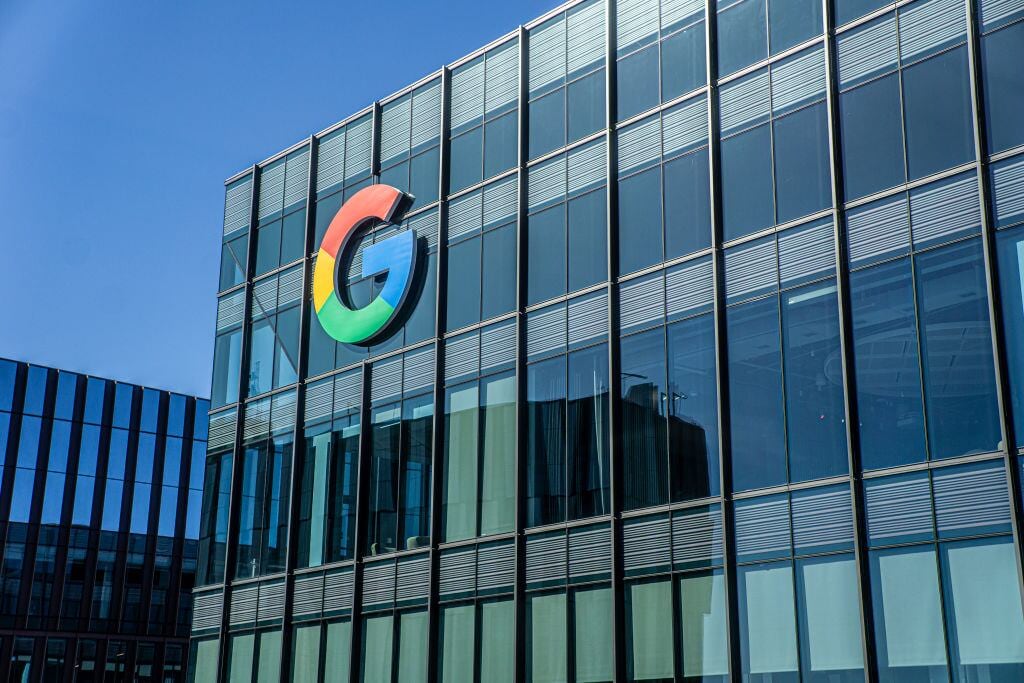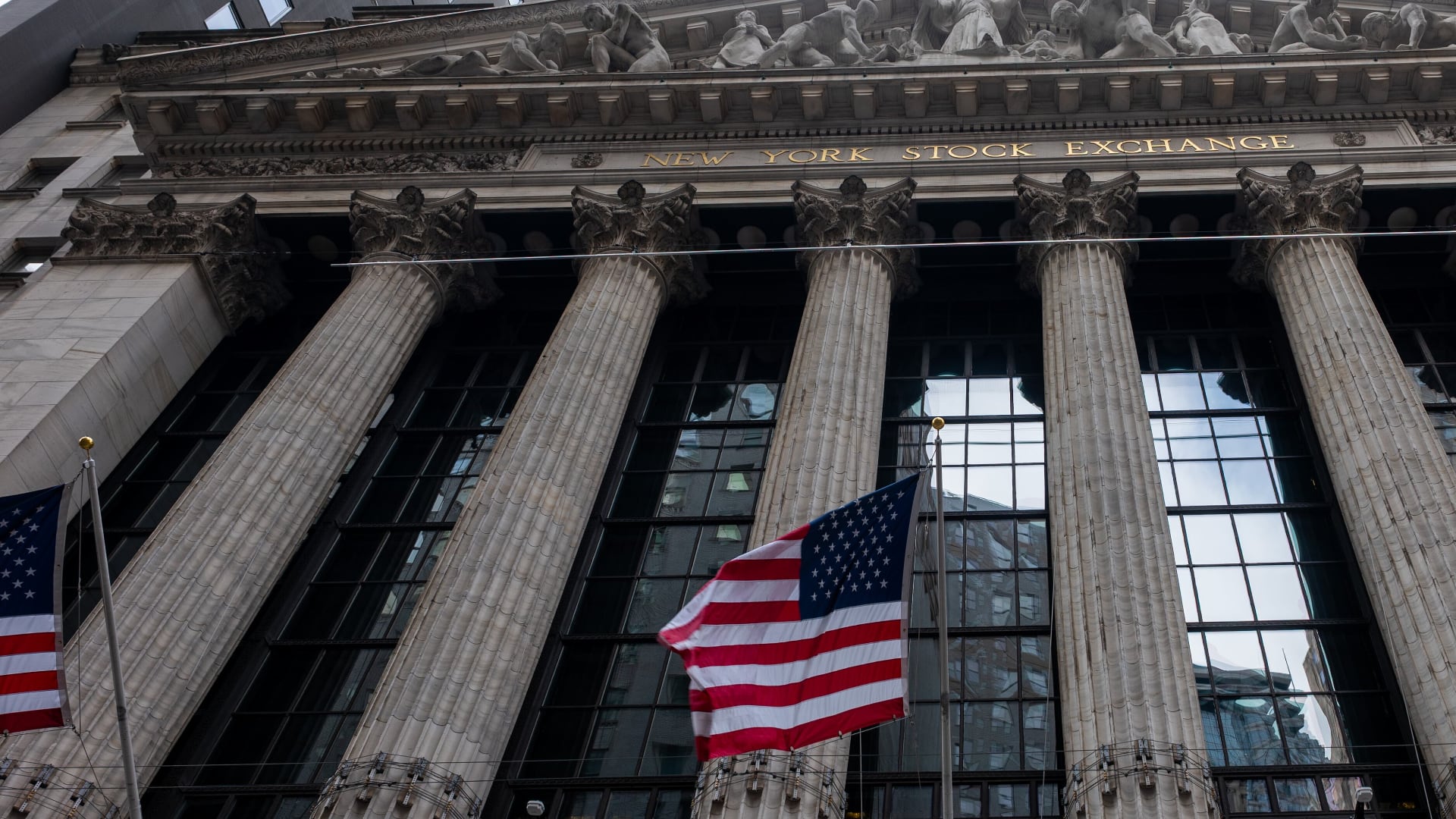Net neutrality rules expired Monday, as some members Congress and state lawmakers are fighting to keep the issue alive in the midterm elections in November, and even through the 2020 presidential election. “Some people think that this could be the issue that really motivates voters to go to the voting polls,” said USA Today's technology writer Mike Snider. “It is important to everyone that gets online, and pretty much, I think, 90 percent of us in the country do have some decent connectivity.” The Federal Communication Commission first introduced net neutrality rules in 2015, prohibiting Internet service providers (ISPs) from blocking or slowing down lawful content online. Supporters of net neutrality, which include major Internet players such as Facebook, Google, and Amazon, argue that without these rules, ISPs could play favorites by creating "fast lanes" for companies that pay more for access, or by deliberately hobbling other services. Without rules guaranteeing neutrality, the ISPs would have broad control over what content internet users can see. A recent survey by the nonpartisan group [Voice of the People](http://vop.org/overwhelming-bipartisan-public-opposition-repealing-net-neutrality-persists/) found rare bipartisan agreement among Americans ー 82 percent of Republicans and 90 percent of Democrats want to maintain net neutrality. The FCC’s chairman, Ajit Pai, however, [said](https://transition.fcc.gov/Daily_Releases/Daily_Business/2017/db0426/DOC-344590A1.pdf) that “heavy-handed regulations” have stifled competition and scared away “investment in broadband infrastructure.” Last year, he led a commission vote to roll back the Obama-era rules, sparking widespread backlash from [lawmakers in more than half of U.S. states](https://actionnetwork.org/petitions/these-states-are-fighting-for-net-neutrality-is-yours-one-of-them). Last month, [Washington state](https://www.nytimes.com/2018/03/05/business/net-neutrality-washington-state.html) became the first state to adopt a law that would keep net neutrality intact. Next week a [similar bill in California](https://www.sfchronicle.com/business/article/California-net-neutrality-bill-poised-to-pass-12842142.php) is scheduled to go to the state’s Judiciary Committee. Some members of Congress, too, were hoping to reverse the FCC’s decision. In February, 30 Senators, led by [Sen. Ed Markey (D-MA)](https://twitter.com/SenMarkey/status/950423992015491079), introduced resolution under the Congressional Review Act that, if passed, would override the FCC. It's scheduled for a vote June 20. Snider said the [resolution](https://www.battleforthenet.com/scoreboard/#senate) is one vote short of passing the Senate. “In the House, it’s a little tougher deal," he said. The bill is 57 votes short, but supporters of net neutrality were counting on voters putting pressure on their representatives to support the resolution, said Snider. “People that support net neutrality rules being on the books in some fashion are going to try every strategy,” he said. For the full interview, [click here](https://cheddar.com/videos/the-future-of-the-internet-is-in-the-hands-of-the-states).

